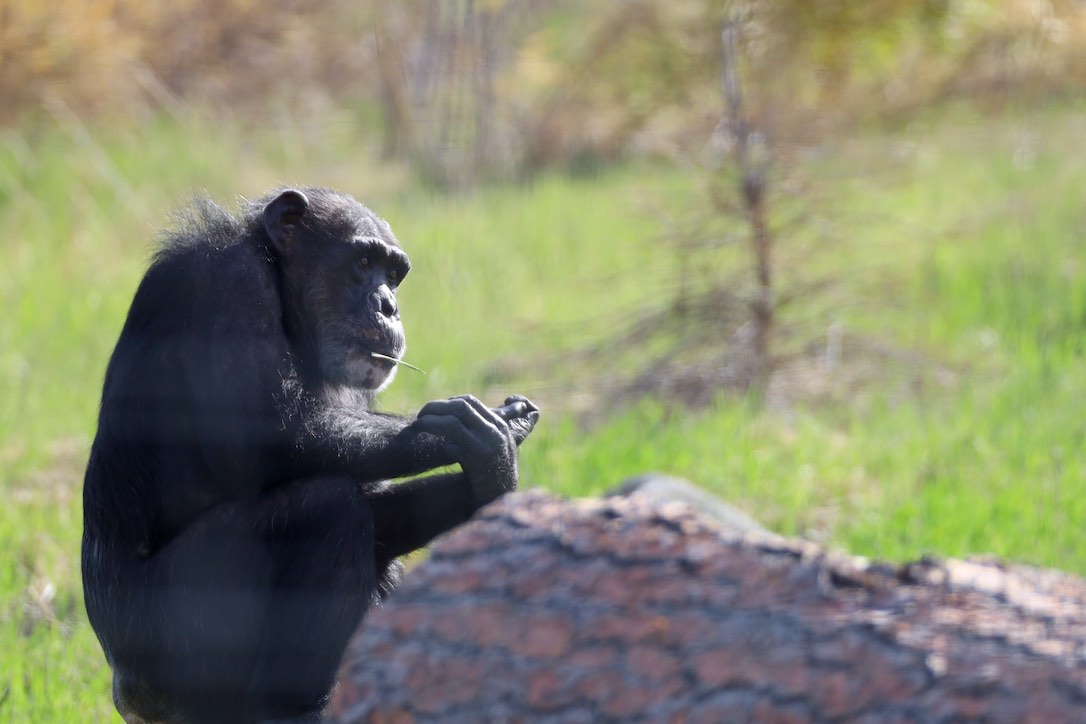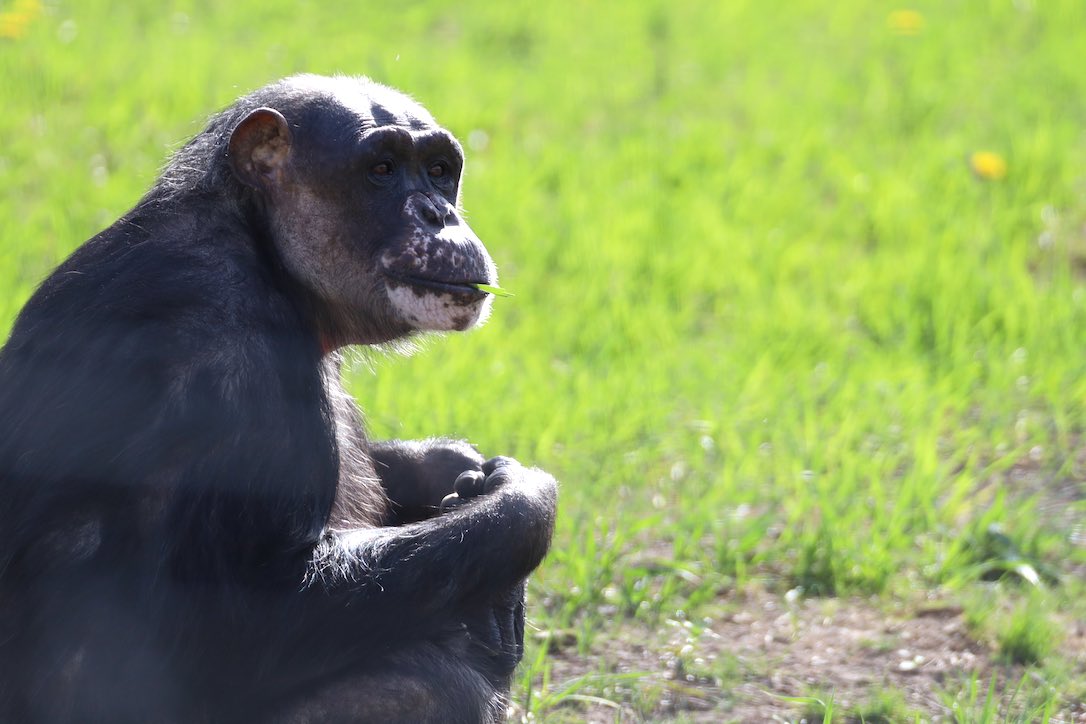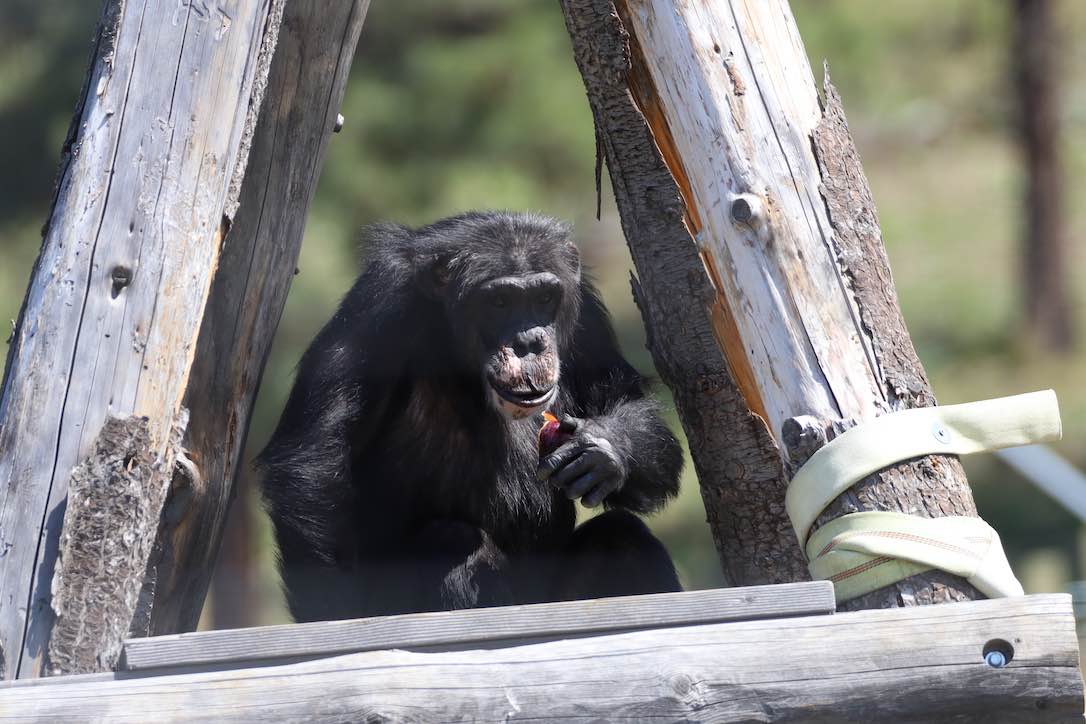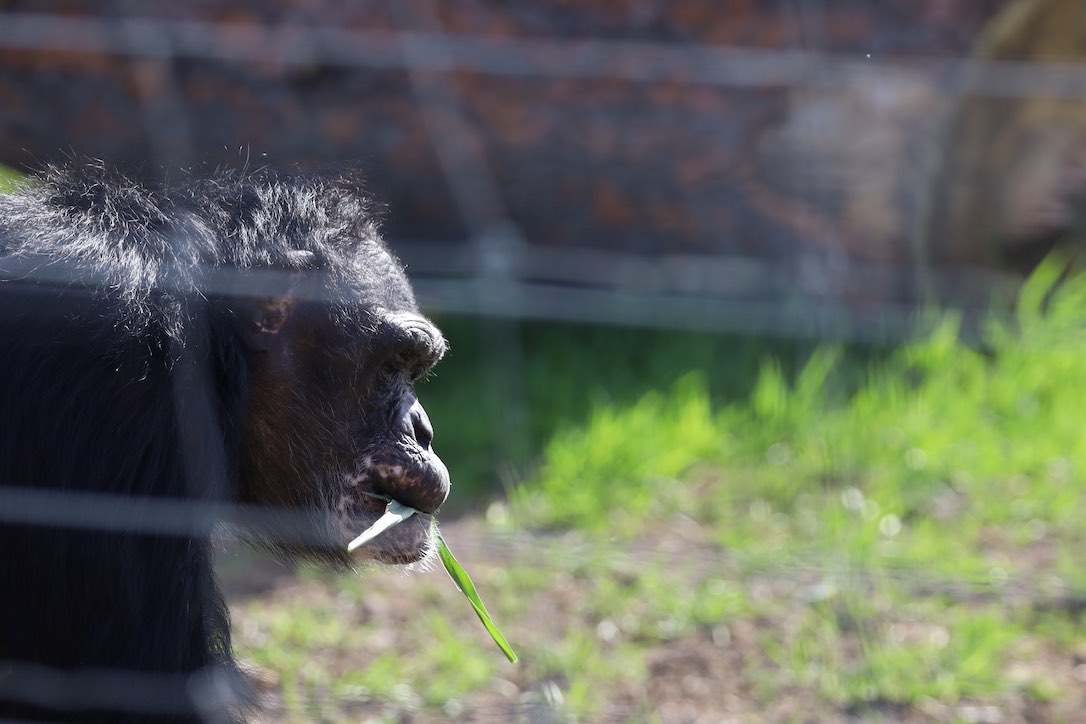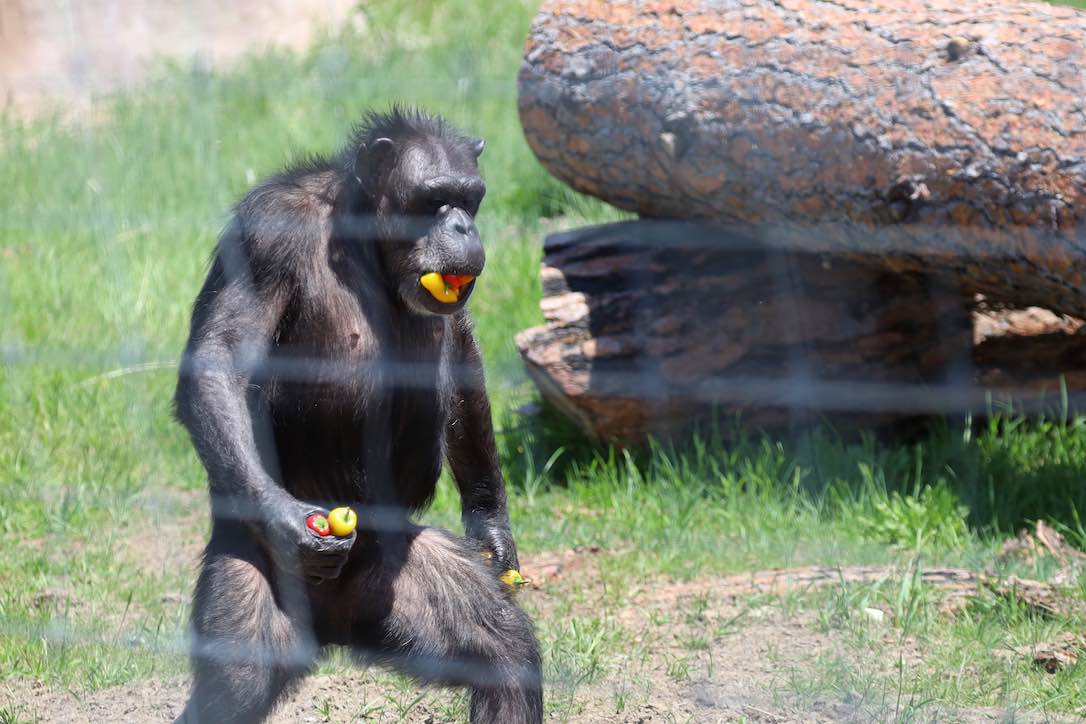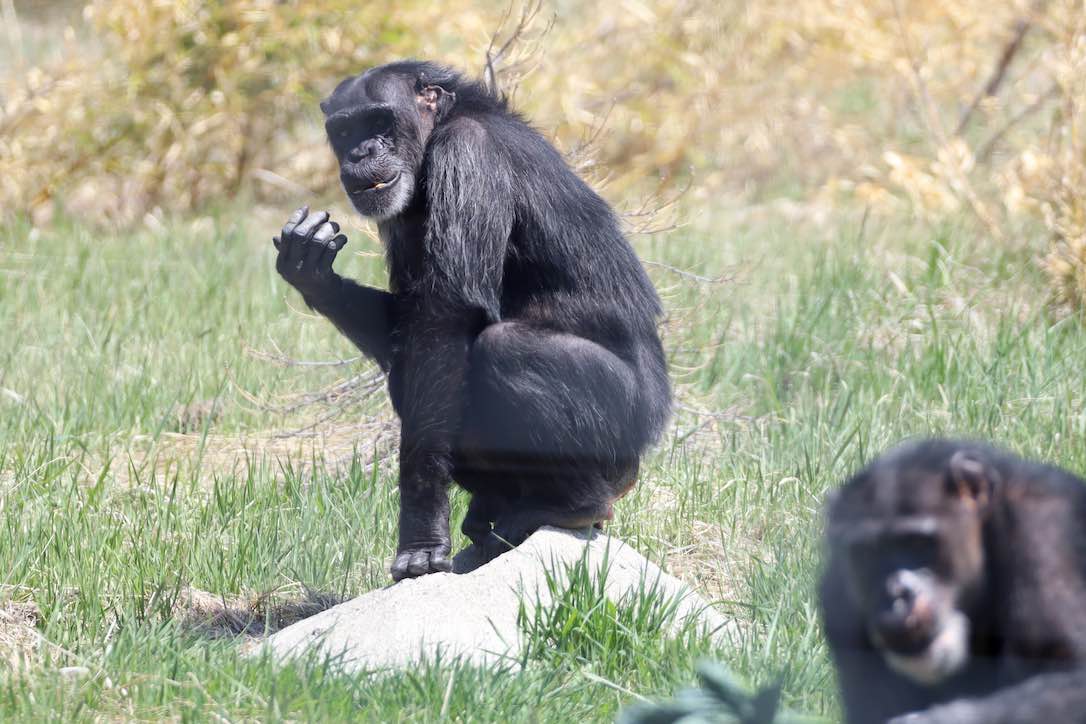Note: The video above may be difficult to watch, especially for those of you who have known and loved Jody either in person or through this blog, as it shows her family reacting to her death. But I hope you can find a time when you feel able to share in our experience of saying goodbye to Jody.
As Diana mentioned, we recently discovered Jody lying on the floor, largely unable to move below the neck. After doing initial diagnostics, we set up an appointment for an MRI to assess her long-term prognosis, with a surgeon at the ready to avoid having to bring her back at a later date if something could be done. Her condition suddenly began to deteriorate on Sunday and we moved up the appointment, but she quickly passed. Yesterday, Dr. Erin and I took Jody’s body for a postmortem MRI at the Veterinary Specialty Center of Seattle and a necropsy at the University of Washington. Preliminary results suggest a degeneration of the ligaments around the C1-2 vertebrae and compression of the spinal cord.
The sudden onset of Jody’s condition surprised us, as there was no fight that morning and no loud noise overnight (we monitor the chimps via remote cameras outside of regular work hours). She was discovered in one of the smaller “front rooms” behind a dividing wall, out of direct view of the cameras, so unfortunately we simply don’t know what caused her paralysis. Given her location and the nature of the injury, one possibility is that she fell a short distance. Why she would have fallen off a step or bench is another question. In hindsight, we may have witnessed her exhibiting a few episodes of “transient quadraparesis,” or momentary paralysis below the neck, in the past, but it is difficult to tell if a chimpanzee is unable or simply unwilling to get up when they can’t tell you what they are experiencing. While we can’t say definitively what led to the deterioration of the structure supporting and protecting her spinal cord—whether it was progressive or from some prior acute trauma—it may have have been compromised to the point where a less severe injury could have more profound consequences. In addition to causing paralysis, her condition involved other parts of her body, affecting vital organs, and she ultimately had no chance of recovery.
In the days before she passed, Jody was understandably frightened at times but became comfortable with us entering the room and caring for her. It’s a strange experience for us to be directly caring for an awake chimpanzee and I’m sure it was strange for Jody, too. She was courageous and accepting, but she also felt comfortable telling us to go to hell when she’d had enough. If we could have spared her those days, knowing what we know now, we would have. That said, we did our best to keep her comfortable while we tried to learn more and, from a selfish perspective, we were fortunate to get to spend time with her. CSNW’s founder, Keith, even made it in time to see her, as did many of her local volunteer caregivers. In typical Jody fashion, she greeted them each warmly.
One challenge that is particular if not unique to the sanctuary world is the way we have to transition from medical team to grieving family in the blink of an eye. Our staff and volunteers did an incredible job keeping the other chimps’ needs in mind and we worked to give Jody’s body back to them as soon as we could so that they could also process her death.
It shouldn’t surprise anyone that chimps react to the death of a loved one in different ways. Some are scared or anxious, while others are accepting. Some are even empathetic enough to comfort the humans around them, as you’ll see. It is a unique privilege to witness—and even participate in—what is essentially a chimpanzee wake. The Cle Elum Seven had been a family for 17 years, and some of their relationships go back even longer. Jody’s death is a profound loss for them.
The rituals look familiar. They kiss, hold, groom, and caress. These are the mechanisms of bonding and the expressions of affection that held them together in life. Perhaps in death they are just a continued expression of love. Or perhaps they are an attempt to hold on for one more moment to something they know is slipping away. If you had watched the humans spend time with Jody upon her death, you would have seen the same kinds of things.
I have to admit that there’s a part of me that wonders if this should have been kept a private experience between the chimps and their caregivers, and I’m sure some others feel similarly. But when we met Jody and her family in that laboratory basement, we were determined that she would become known to the world, or at least some small part of it. So many chimps like her suffered and died anonymously. After 32 years in the lab, Jody finally had a life worth living and people got to know her as the individual she was. So many of you fell in love with her over the last 15 years, as we hoped you would. For all of you who have loved her and supported her, it is your time to grieve with them, too.
We’ll have a lot more to say about Jody and our love for her in the coming days and weeks. For my part, I will just say for now that I was forever changed when we first met her in that awful laboratory basement, and even more so once I got to know her. She was a truly beautiful person.
After Jody’s family said their goodbyes, they returned to normal routines. Today was spent patrolling, eating fresh spring grass, and gathering up the bountiful lunch forage. It was notably quieter without Jody’s dinosaur food grunts, but the gang honored her memory by stuffing their hands, feet, and mouths with as many peppers as they could hold. Life will go on, differently. Like us, the chimps will always carry a part of her with them.
